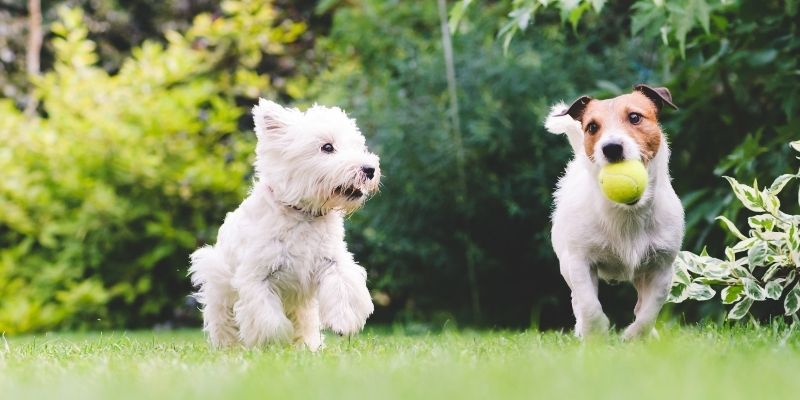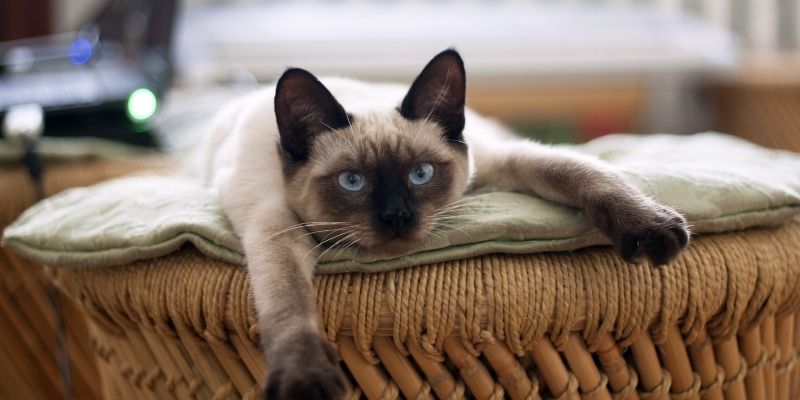How to Start a Pet Photography Business.
With over 40 million pets in the UK, it’s safe to say we are a nation of animal lovers. If like most people, you find companion animals irresistibly adorable, you could turn this adoration into a career as a pet photographer.
Being a pet photographer is an incredibly enjoyable and sociable career. Not only do you get to work with all kinds of pets, you get to meet their owners who are just as enthusiastic about animals as you are.
If you’re seriously considering a career as a pet photographer, you are likely wondering how to set up a pet photography business. Spending on pets is currently at an all-time high, so there’s definitely scope for you to earn a substantial living from it. Though, you need to make sure your business stands out above the rest in this competitive space.
To help, we’ve listed in detail the best ways to get started and raise awareness of your business.
Study a Pet Photography Course
Before you go through the motions of setting up a pet photography business, you first need to know what you’re doing behind the camera. A lot of work goes into capturing a pet’s best side, so you need to learn pet photography from the ground up.
Hands-down the best way to do this is through a course that is devoted to giving you the exact skills required. This way you’ll learn everything from the camera settings for pet photography, to what lighting is best for pet photography. A course will also answer any questions you may have about ‘what equipment do I need for pet photography’.
You can also study pet photography courses online for convenience. Stonebridge Associated Colleges offers the Pet Photography Level 3 Award (RQF), which teaches you everything you need to get started from the comfort of your own home.
On completion of the digital photography module, you will:
- Know the components of a digital camera
- Understand how the basic controls and parameters work
- Be able to apply photographic techniques
- Understand image composition
- Understand camera usage in animal photography
You will also study pet photography, after which you will:
- Be familiar with pet photographing techniques
- Know how to create professional lighting settings both inside and outside the studio
- Understand the basics of photo editing and postproduction
- Be familiar with ethics when working with animals
- Be able to produce a pet photography portfolio
Once you have the skills to work the camera and work with pets effectively, you will be ready to learn how to start your own pet photography business.
Develop Pet Photography Portfolios
Before anyone will hire you, you need to have evidence of your skills as a pet photographer. This not only shows what you’re capable of, it helps prospective clients understand your style and establish if you’re the right fit for them.
While you may think you want every client, finding out early in the process that you’re not what they are looking for can save you a lot of hassle. After all, each photographer has their own style and not every client will want what you’re offering. Having a portfolio helps you attract the exact people you want to be working with.
By building a catalogue of pet portraits, you also have examples of your work that you can enter into pet photography competitions. These are a great way to get your name out there and build a following, which can lead to more clients in the future.
You may initially want to offer your services for free to friends and family, or at least at a discounted rate to help you build up your image catalogue.

Decide How You Will Run Your Business
To start getting your pet photography business off the ground, you first need to have a vision for what you want this business to look like. Will you run a mobile pet photography business? Or will you have your clients travel to you in an external or home pet photography studio?
This is important to decide before anything else, as it affects the way in which you will operate and promote your business going forward.
You also need to decide which pet photography services you will offer. If you’re going to specialise in a niche area like comedy or underwater pet photography, again this needs to be decided before you start advertising.
Learn How to Price Pet Photography
Part of setting up your own business is figuring out how much money to ask for in exchange for your services. While you can look at competitors for an idea of what to charge, there are many variables that can affect what you end up charging clients for a photoshoot.
Having a few practice shoots while you’re starting out will help you see what is involved in taking images as a career. It will help you establish the hidden costs that can be involved in pet photography projects, like fuel to travel to clients if you’re planning to go mobile.
All of this will enable you to establish your overheads. Plus, if you try out a few different types of photoshoots, you will be able to identify the pet projects that are the highest earners. This will help you see how to make the most money from pet photography and what costs you need to factor into your prices.
Promote Your Pet Photography Business
For your pet photography business to be a success, you need paying clients to be able to find and employ you. They won’t be able to do this if they haven’t heard of your business, and this is why advertising and promoting your services is such a vital part of the process.
There are a number of things you need to do to raise awareness of your offering, and the sooner you get started on these the sooner you will have customers knocking at the door.

Build a Website
A user and mobile-friendly website is typically the first port of call for any new business. There are plenty of inexpensive templates you can use to build this. Just make sure the information displayed is clear and concise, and it communicates key information.
This includes:
- Your area of operation
- The services you offer
- How much you charge
- Your contact information
- Any insurances you have
- The qualifications and certificates you hold
Create Business Listings
Utilise free listing services like Google My Business and Yelp to provide detailed business information that will appear in search engine results. It will also boost the visibility of your business in the local area.
Set Up Social Profiles
Social media is great for raising the profile of any business, but especially so if your business provides visual imagery. The ability to like, comment and share images can help get your work noticed, as can advertising your business page to your target audience.
Drop Flyers in Your Local Area
No matter if you’re a mobile pet photography service or you have a fixed studio, having clients in the local area is ideal. By doing a leaflet drop near your base, you can attract people nearby. It’s also worth leaving these in places your target market will visit, like the dog park, grooming salon or pet supply store.

Reach Out to Other Pet Photographers
This may sound controversial but reaching out to competitors can actually be a great way to get new clients. There will be times your competitors are away on holiday, are unwell or need to turn away work if they’re too busy. If you offer yourself as a backup in these times, they will likely refer customers to you when they need the extra hands.
Go to Related Events
There are so many events across the UK that are centred around dogs or pets in some capacity. These will no doubt attract people with pets themselves and by networking and advertising your services there, you can tap into this group of potential clients.
Consider Working for Someone Else
If you’re apprehensive about setting up your own pet photography business while you’re still learning the ropes, you could always look for pet photography jobs.
There are many established businesses in this space, you could either secure full-time employment or a pet photography contract. This would allow you to hone your skills, build a reputation and learn from your employers what it takes to run a successful business.
Then, when you’re ready, you can make the move and go it alone.
Study Pet Photography with Stonebridge!
If the idea of starting your own pet photography business appeals to you, Stonebridge Associated Colleges can help you get the skills you need to succeed.
Our online Pet Photography Level 3 Award (RQF) allows you to get qualified at home. Plus, it’s a nationally recognised qualification that will evidence your skills and knowledge to both clients and employers.
Find out more by calling our Course Executives today. They can answer all the questions you have and help you take the next steps to enrol.
Call them on 0121 392 8288 or contact them online now.




